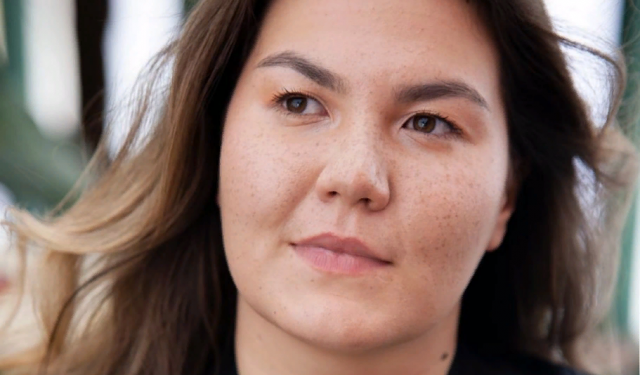#Agriculture #RapeseedHybridization #CropResilience #FoodSecurity #PlantBreeding #AgriculturalInnovation #Biotechnology #DiseaseResistance #SustainableFarming #VegetableResearchStation
In the pursuit of sustainable and high-yielding agricultural crops, the world of modern agriculture relies heavily on innovative breeding techniques. Enter Elvira Murzina, a promising graduate student from the Department of Botany, Plant Breeding, and Seed Science, who is diligently working to create hybrid rapeseed varieties that combine valuable agricultural traits with genetic resilience against diseases. This article delves into her groundbreaking work and its implications for the agricultural industry.
The backbone of modern agriculture lies in its ability to develop crops that are not only high-yielding but also resilient in the face of ever-evolving challenges, such as pests and diseases. At the forefront of this mission is Elvira Murzina, an ambitious graduate student who is making waves in the world of rapeseed breeding. Her work at the Vegetable Research Station promises to bring about revolutionary changes in the way we cultivate and rely on rapeseed crops.
The Pursuit of Excellence through Breeding and Biotechnology
Elvira’s research is a blend of classical breeding techniques and cutting-edge marker-assisted selection methods. By leveraging modern biotechnology, she has managed to amass a diverse genetic pool for the selective breeding of spring rapeseed, an essential oilseed crop with multiple industrial applications.
The combination of these approaches has resulted in a wide array of genetic material for rapeseed selection, opening doors to novel possibilities in rapeseed agriculture. As the world grapples with food security concerns, the importance of maximizing crop yields while ensuring disease resistance cannot be overstated.
Identifying the Cream of the Crop
The success of Elvira’s work is evident in the outcomes of her hybrid combinations. Through meticulous evaluation and testing, she has identified rapeseed hybrids that have outperformed even the best foreign varieties, such as F1 Jazz and F1 Akhat, in terms of seed productivity and overall crop yield. This achievement is a testament to her dedication to advancing rapeseed agriculture on a global scale.
A Crucial Breakthrough: Resistance to Clubroot Disease
One of the most notable achievements of Elvira’s research is the development of rapeseed lines with resistance to clubroot disease, one of the most devastating afflictions in rapeseed cultivation. This resistance trait is of paramount importance as it directly impacts the sustainability of rapeseed farming. Developing hybrids with such resilience is a critical step in safeguarding agricultural stability.
In a world where agriculture is continually challenged by evolving environmental and biological factors, the work of young scientists like Elvira Murzina shines as a beacon of hope. Her dedication to developing high-yielding, disease-resistant rapeseed hybrids not only promises to enhance agricultural productivity but also contributes significantly to global food security.
As we look forward to the future of agriculture, the innovations born from research like Elvira’s will be instrumental in ensuring that our fields remain productive and resilient in the face of adversity.
Tags: Agriculture, Rapeseed Hybridization, Crop Resilience, Food Security, Plant Breeding, Agricultural Innovation, Biotechnology, Disease Resistance, Sustainable Farming, Vegetable Research Station.































